OVERVIEW
1. Introduction
In recent years, there has been a growing interest in natural sweeteners as people seek healthier alternatives to refined sugar. Stevia, a plant native to South America, has emerged as a popular choice due to its unique properties and numerous health benefits. Let’s delve into the world of stevia and explore why it has garnered so much attention.
2. What is Stevia?
Stevia, scientifically known as Stevia rebaudiana, is a perennial shrub that belongs to the Asteraceae family. It is native to Paraguay and Brazil, where it has been used for centuries as a natural sweetener and herbal remedy. The plant contains natural compounds called steviol glycosides, which are responsible for its intense sweetness.
3. History of Stevia
The use of stevia dates back to ancient times when the indigenous people of South America discovered its sweetening properties. They would chew on the leaves or use them to sweeten beverages and herbal infusions. Stevia’s journey to global recognition took several centuries, and it is now cultivated and enjoyed in many parts of the world.
4. Stevia’s Sweetness and Flavor Profile
Stevia is renowned for its exceptional sweetness, which surpasses that of regular table sugar. The sweet compounds in stevia, such as stevioside and rebaudioside A, are estimated to be up to 200-400 times sweeter than sucrose (sugar). Despite its intense sweetness, stevia does not contain any calories or carbohydrates, making it an attractive option for those aiming to reduce their sugar intake.
5. Stevia as a Sugar Substitute
One of the primary reasons people turn to stevia is its ability to replace sugar in various food and beverage preparations. Whether you’re sweetening your morning coffee, baking a cake, or preparing a homemade jam, stevia can be a viable alternative. It provides sweetness without the calories and carbohydrates found in sugar, making it suitable for individuals on low-carb diets or those managing diabetes.
BENEFITS
Health Benefits of Stevia
Stevia offers a range of health benefits, making it a compelling choice for health-conscious individuals. Let’s explore some of these benefits:
1. Zero Calories and Low Glycemic Index
Unlike sugar, stevia is virtually calorie-free and does not contribute to weight gain. It is an excellent option for those looking to reduce their caloric intake or maintain a healthy weight. Additionally, stevia has a negligible effect on blood sugar levels, making it a suitable sweetener for individuals with diabetes or those following a low-glycemic diet.
2. Suitable for Diabetics
Stevia does not raise blood sugar levels, as it does not contain glucose or fructose. This characteristic makes it an attractive alternative for individuals with diabetes who need to monitor their blood sugar levels carefully. However, it is advisable to seek guidance from a healthcare practitioner prior to implementing substantial modifications to your dietary habits.
3. Potential Antioxidant Properties
Some studies suggest that stevia may possess antioxidant properties, which can help protect the body against damage caused by harmful free radicals. Antioxidants play an essential role in promoting overall well-being and mitigating the likelihood of developing chronic ailments.
4. Tooth-Friendly Alternative
Stevia does not promote tooth decay or cavities like sugar does. In fact, some oral care products utilize stevia extracts as a natural sweetener, providing a tooth-friendly alternative to traditional sugar-sweetened products.
5. Using Stevia in Cooking and Baking
Stevia can be used in various culinary applications, including cooking and baking. However, it is important to note that stevia’s intense sweetness requires adjustments in recipes. Due to its potency, only a small amount of stevia is needed to achieve the desired level of sweetness. Many stevia products come with conversion guidelines to assist in using it as a substitute for sugar.
INGREDIENTS
Stevia (white) is primarily composed of natural compounds known as steviol glycosides. These steviol glycosides, such as stevioside and rebaudioside A, are responsible for the intense sweetness of stevia.
GUIDE
Stevia (white) can be used as a natural sweetener in various recipes.
Sweetening Hot and Cold Beverages:
Add a pinch or small amount of stevia powder or liquid drops to hot beverages like tea or coffee, adjusting the quantity to suit your desired level of sweetness.
For cold beverages, dissolve stevia in warm water before adding it to your drink, ensuring it blends evenly.
Baking and Cooking:
Stevia proves to be a valuable replacement for sugar in baking recipes, offering a healthier alternative without compromising on sweetness or flavor. However, it’s important to note that stevia is much sweeter than sugar, so you’ll need only a small amount.
Follow the conversion guidelines provided on the stevia product packaging or recipe resources to determine the appropriate substitution ratio for sugar.
Homemade Jams and Sauces:
Stevia can be used to sweeten homemade jams, jellies, and sauces. It is recommended to use a stevia blend specifically designed for canning and preserving, as it provides better texture and consistency.
Yogurt and Smoothies:
Enhance the sweetness of your yogurt or smoothies by adding a few drops or a sprinkle of stevia. Begin by using a modest quantity and fine-tune according to your personal taste preferences.
Frequently Asked Questions (FAQs):
Q1: Is stevia safe for children?
Stevia is generally considered safe for children. However, it’s advisable to consult with a healthcare professional or pediatrician before incorporating it into their diet.
Q2: Can stevia be used in diabetic-friendly recipes?
Yes, stevia is often used as a sugar substitute in diabetic-friendly recipes due to its minimal impact on blood sugar levels. It can be a suitable option for individuals with diabetes, but portion control and overall dietary balance are still important.
Q3: Does stevia have an aftertaste?
While stevia is known for its intense sweetness, some people may detect a slight aftertaste, especially when used in larger quantities. However, many stevia products on the market have been formulated to minimize or eliminate this aftertaste.
Q4: Can I use stevia in savory dishes?
Stevia can be used in some savory dishes, such as marinades, salad dressings, and sauces, to add a touch of sweetness. However, it’s crucial to use it sparingly and consider the flavor profile of the dish to avoid overpowering the savory elements.
Q5: Is stevia suitable for a low-carb or keto diet?
Stevia is a popular choice for individuals following low-carb or keto diets because it does not contribute calories or carbohydrates. It can be a valuable tool for reducing sugar intake while still satisfying sweet cravings.


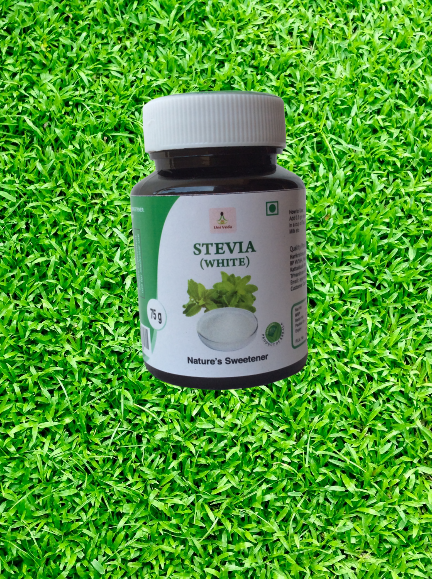
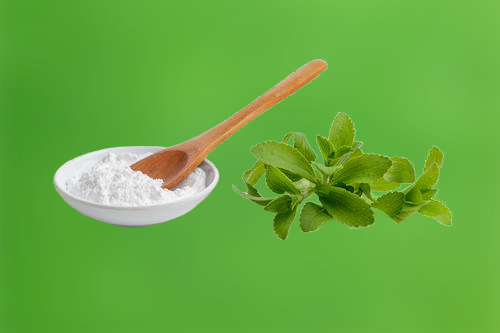
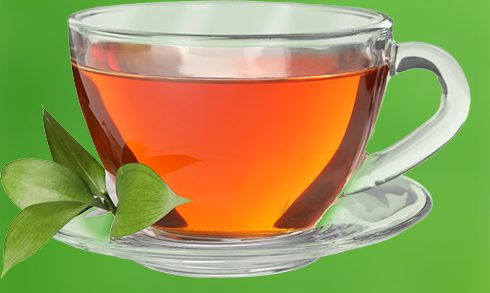
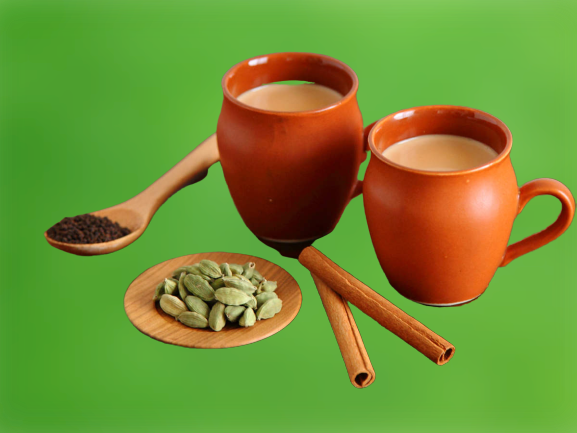
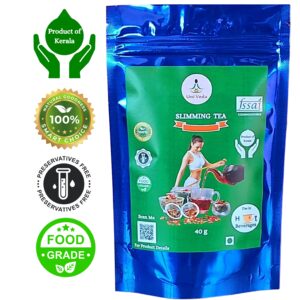
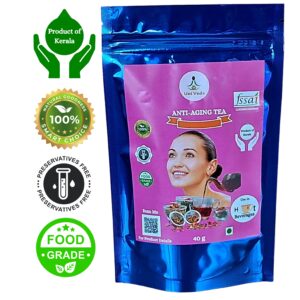
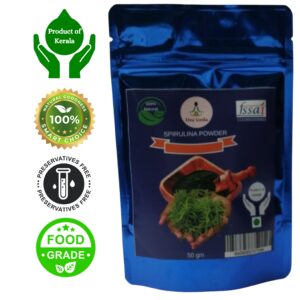
Reviews
There are no reviews yet.